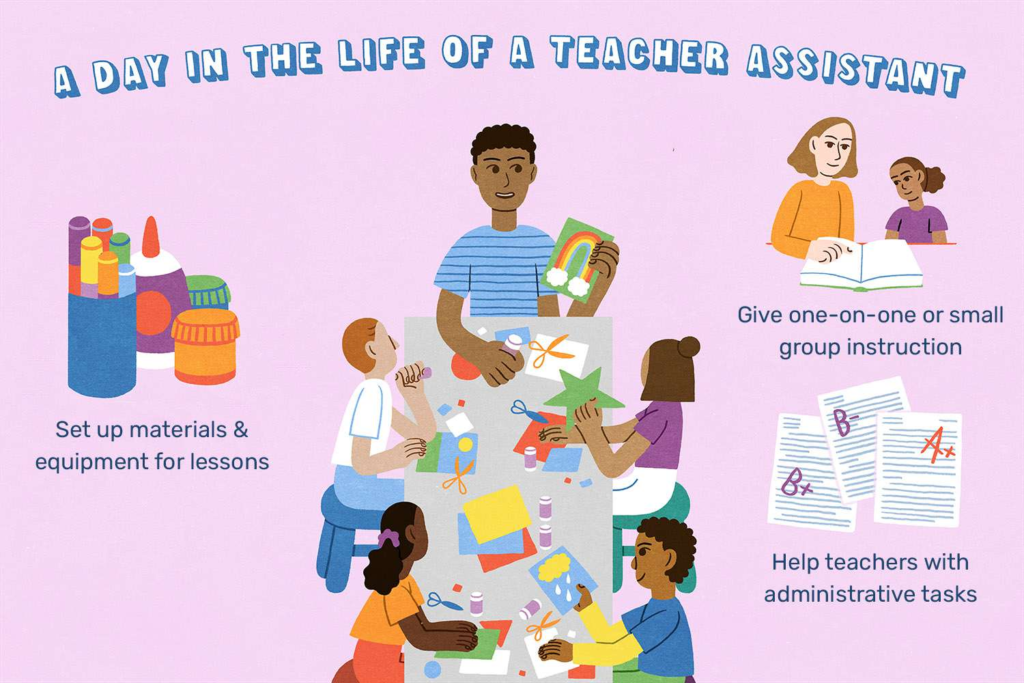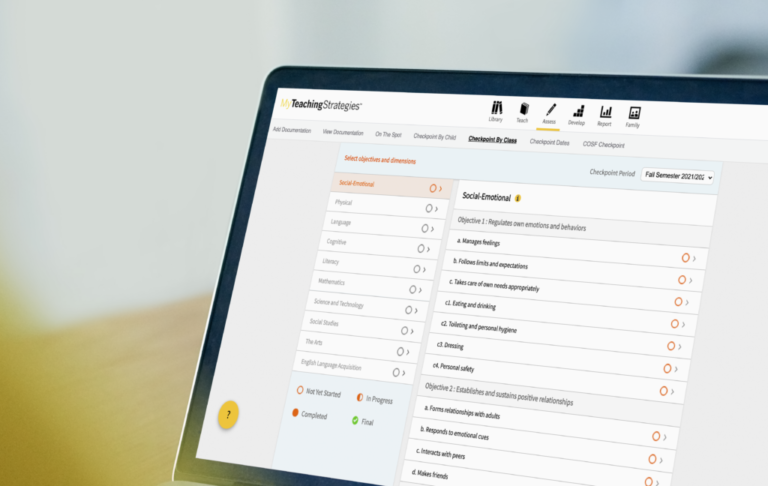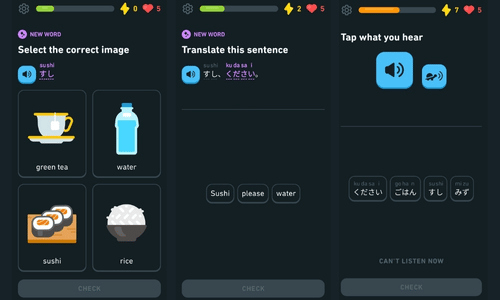Teaching assistants play a vital role in modern classrooms, providing invaluable support to both teachers and students. Their presence brings numerous benefits, enhancing the learning environment and ensuring a more inclusive and effective educational experience. In this article, we will explore the advantages of having a teaching assistant in the classroom, highlighting their contributions and the positive impact they have on students’ academic and personal development.
Table of Contents
Enhanced Individual Attention

Teaching assistants contribute to improved student-teacher ratios, allowing for more individualized attention. With a smaller group to manage, teachers can dedicate more time to each student’s specific needs. This personalized approach fosters better understanding and engagement, ensuring that no student gets left behind. Teaching assistants offer one-on-one support, clarifying concepts, and reinforcing learning, enabling students to reach their full potential.
Support for Special Educational Needs
Teaching assistants play a crucial role in inclusive education, offering support to students with special educational needs (SEN). They work closely with teachers, helping to create individualized education plans and adapting materials to suit diverse learning styles. By providing tailored assistance, teaching assistants ensure that students with SEN can fully participate in classroom activities, promoting a sense of belonging and academic achievement.
Classroom Management and Discipline

Effective classroom management is essential for creating a positive learning environment. Teaching assistants assist teachers in maintaining discipline and order, allowing them to focus on instruction. They can provide additional supervision, manage behavioral issues, and promote positive behavior through encouragement and reinforcement. With teaching assistants present, teachers can address challenges promptly and provide immediate feedback, contributing to a more productive and harmonious classroom atmosphere.
Increased Instructional Support

Teaching assistants serve as valuable aids to teachers, providing instructional support in various ways. They assist in preparing lesson materials, organizing classroom resources, and setting up learning activities. This collaborative effort saves teachers time, enabling them to concentrate on delivering high-quality instruction. Teaching assistants can also offer valuable insights and suggestions, enhancing lesson planning and delivery.
Individualized Assessment and Feedback
Assessment is an integral part of the learning process, allowing teachers to monitor students’ progress and provide feedback. Teaching assistants can assist with individualized assessment tasks, such as grading assignments or providing constructive comments. This personalized feedback helps students identify their strengths and areas for improvement, fostering a growth mindset and promoting continuous learning.
Language and Cultural Support
In multicultural classrooms, teaching assistants can provide valuable language and cultural support to students with diverse backgrounds. They can assist non-native speakers in understanding instructions, clarifying concepts, and developing language skills. Teaching assistants also help create an inclusive environment, celebrating cultural diversity and promoting cross-cultural understanding among students.
Facilitation of Group Activities
Group activities play a significant role in promoting collaboration, critical thinking, and social skills. Teaching assistants can facilitate these activities, ensuring smooth coordination and active participation. They can divide students into groups, provide guidance and support, and encourage effective teamwork. This collaborative approach fosters a sense of camaraderie among students, enhancing their overall learning experience.
Emotional and Social Support
Teaching assistants often develop strong bonds with students, offering emotional and social support. They provide a listening ear, offer guidance, and help students navigate social interactions. Teaching assistants can also identify and address emotional or behavioral challenges, connecting students with appropriate resources if needed. This holistic support contributes to students’ well-being, creating a nurturing and inclusive classroom environment.
Bridging the Achievement Gap

Teaching assistants play a crucial role in bridging the achievement gap by providing targeted interventionsand additional support to students who may be falling behind academically. They can work closely with struggling students, offering extra instruction, reviewing concepts, and providing guided practice. Teaching assistants can identify areas of difficulty and tailor their support to address individual learning needs. By bridging the achievement gap, teaching assistants help students catch up with their peers, boosting their confidence and motivation to succeed.
Collaboration with Teachers
Teaching assistants form a collaborative partnership with teachers, working together to create a cohesive and effective learning environment. They participate in team meetings, sharing observations and insights about students’ progress. This collaboration allows for a comprehensive understanding of students’ needs and enables the development of targeted strategies. Teaching assistants also serve as a valuable resource for teachers, providing input on instructional techniques, differentiation, and classroom management.
Conclusion
The presence of teaching-assistants in the classroom brings numerous benefits to both teachers and students. From providing individual attention and support for special educational needs to assisting with classroom management and instructional tasks, teaching-assistants contribute to a more inclusive and effective learning experience. They bridge the achievement gap, foster collaboration, and offer emotional and social support, creating a nurturing and engaging environment. Recognizing the significant role teaching-assistants play in education is crucial for ensuring the success and well-being of all students. Their contributions enhance the overall quality of education and help students thrive academically and personally.
Learn about: Unlock the Potential of Diverse Teaching Styles and Elevate Education Excellence









